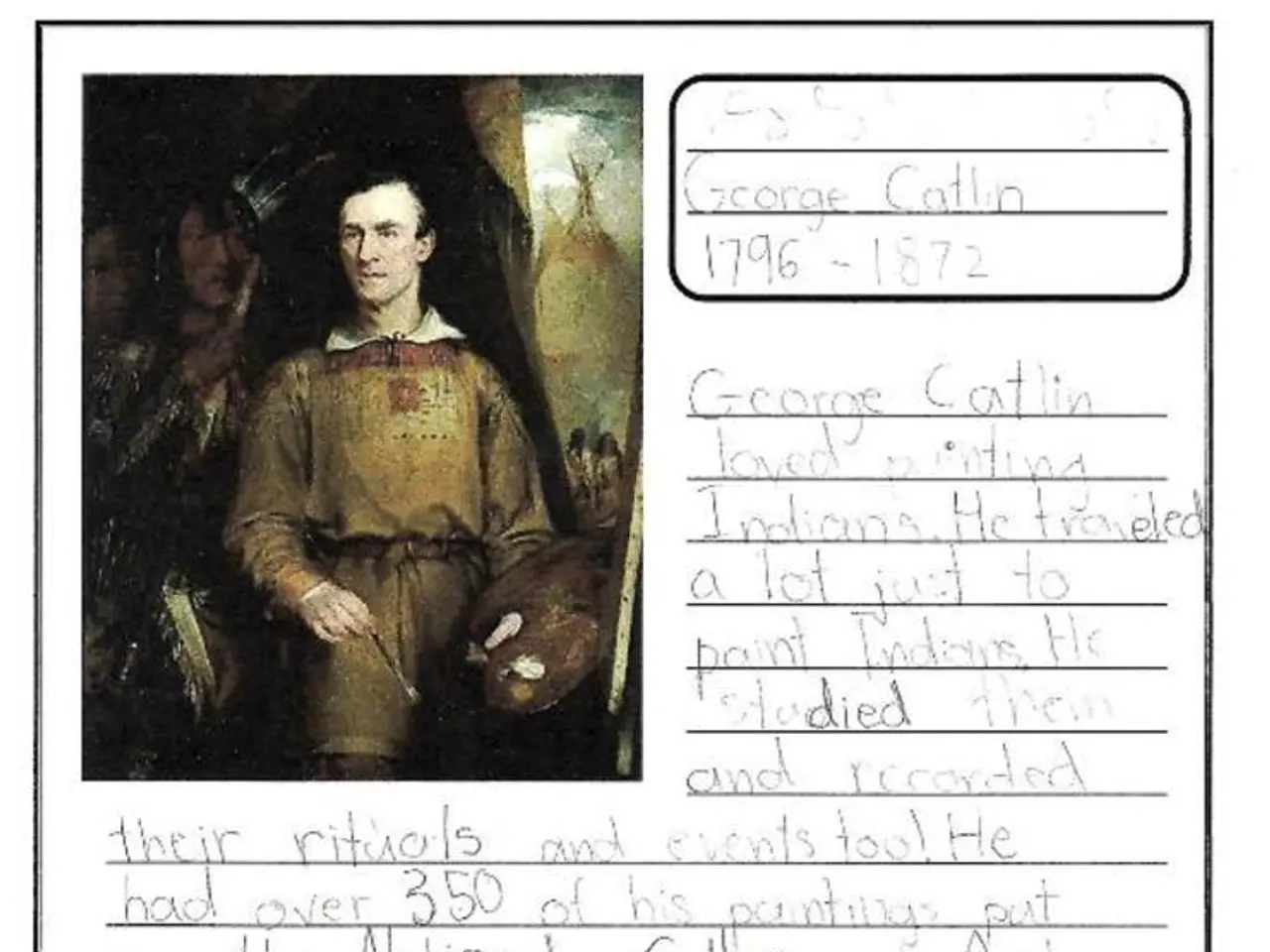Experts unveil long-hidden secrets from 2,000-year-old manuscripts
In the heart of the ancient Roman city of Herculaneum, buried under volcanic ash and rock following the eruption of Mount Vesuvius in 79 AD, a treasure trove of ancient Greek texts was discovered. Fast forward to the present day, and these carbonized scrolls, long considered illegible, have been brought to light through a groundbreaking competition known as The Vesuvius Challenge.
Launched in March 2022, the challenge aimed to digitally unravel four passages of 140 characters each, with at least 85% of characters recoverable. A team of scientists, including classicists, papyrologists, and imaging specialists, worked tirelessly to reveal texts invisible to the naked eye. They employed advanced imaging techniques such as multispectral imaging and X-ray phase-contrast tomography, and institutions like the University of Kentucky and the National Library of France were at the forefront of this endeavour.
One of the most intriguing discoveries is a philosophical text on pleasure, which some experts believe might be a part of Philodemus' four-part treatise on music, specifically Book 4. Philodemus, a philosopher and the teacher of Vergil, is among the names identified on the parchment, along with a man, most probably a musician, called Xenophantos.
The text, which contains never-before-seen text from antiquity, has been described as 'a 2,000-year-old blog post about how to enjoy life'. The author muses on whether/how the availability of goods, such as food, can affect the pleasure they provide.
The Vesuvius Challenge offered a combined total of $1 million in prize money to successful participants. The winners of the $700,000 grand prize were Youssef Nader, Luke Farritor, and Julian Schilliger, who together digitally unraveled more than 2,000 characters of text. The trio unrolled and read about 5% of the first scroll, but there is still a lot of work to be done in actually reading and translating the text.
The experts speculate that the Xenophantus mentioned in the text could be the celebrated flute-player or someone else entirely. As the work of deciphering these ancient texts continues, it promises to shed new light on the lives, thoughts, and culture of the ancient Greeks, offering a fascinating glimpse into the past.
Read also:
- Senate Tillis under spotlight in North Carolina as IRA tax incentives remain uncertain
- projected growth for the natural acetoin market: $291.6 million by 2034
- Latest Edition of Bus-News Magazine Arrives for 2023!
- Testing the Camp Mode of the 2025 Tesla Model Y with Juniper's interior housing two kids, shockingly low CO2 levels were discovered.








